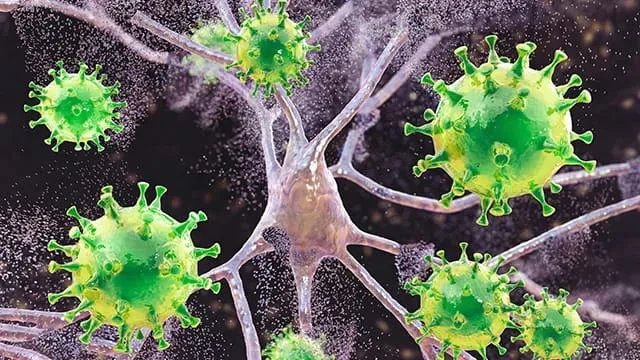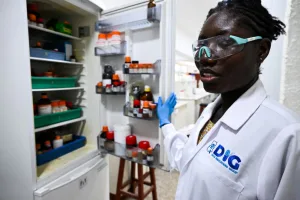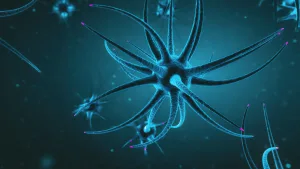COVID-19’s Unexpected Impact: Accelerated Brain Aging
A recent study featured in Nature Communications reveals a surprising potential consequence of the COVID-19 pandemic. The research suggests that the pandemic may have subtly accelerated brain aging in individuals, regardless of whether they contracted the virus or remained uninfected. This intriguing finding warrants a closer look.
The Study’s Key Findings
The study indicates that the stress and societal changes brought about by the pandemic may have had a tangible impact on brain health. Researchers observed changes that correlate with several months of typical aging, even in those who never experienced the illness itself. This implies that the pandemic’s effects extend beyond direct infection.
Potential Contributing Factors
Several factors could contribute to this phenomenon:
- Social Isolation: Lockdowns and social distancing measures led to reduced social interaction, known to be crucial for cognitive health.
- Increased Stress: The uncertainty and anxiety surrounding the pandemic likely elevated stress levels, potentially impacting brain function.
- Changes in Routine: Disrupted work schedules, school closures, and altered daily routines may have contributed to cognitive changes.
Implications and Further Research
While the observed changes represent a relatively small degree of aging, the study highlights the far-reaching consequences of global events on public health. Further research is needed to understand the long-term implications of these findings and to explore strategies for mitigating potential cognitive impacts.
Final Words
The COVID-19 pandemic has impacted lives in countless ways, and this study sheds light on a previously unrecognized potential effect: accelerated brain aging. By understanding the factors involved, we can work towards promoting cognitive well-being in the face of global challenges.




+ There are no comments
Add yours